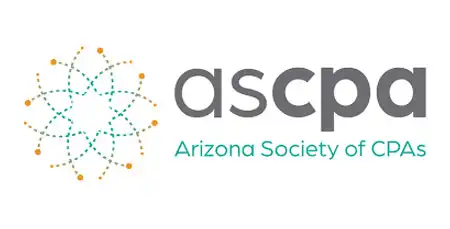Employee Retention Tax Credit Ends Retroactive to September 30
If you claimed the credit for wages paid in October and November and reduced your tax deposits accordingly, those amounts must now be deposited.
Among its many provisions, the Federal Infrastructure Investment and Jobs Act (IIAJ), which President Biden signed into law on November 15, 2021, retroactively ends the Employee Retention Tax Credit (ERTC) to apply only through September 30, 2021.
The tax credit was originally set to expire December 31, 2021.
As a result of the ERTC’s retroactive termination, most employers (see exception below) may not claim the credit with respect to wages paid after September 30. If you claimed the credit for wages paid in October and November and reduced your tax deposits accordingly, those amounts must now be deposited.
While the “late” deposits may be subject to a penalty under IRC Section 6656, we anticipate that the IRS will issue guidance to help employers comply and, hopefully, provide relief from the late-deposit penalty.
You may need to contact your payroll service provider to review your payroll tax compliance (including tax deposits) to ensure that you can avoid negative consequences from the retroactive law change.
Exception. The new expiration date does not apply to “recovery startup businesses,” i.e., a business that began operations after February 15, 2020; has annual gross receipts of $1 million or less; employs one or more employees (other than 50% owners); and does not otherwise qualify for the ERTC.
Background. The ERTC was adopted as part of the Federal CARES Act that was passed in the spring of 2020, to encourage employers to retain employees during the pandemic. Congress later extended and modified the ERTC to apply to wages paid before January 1, 2022.
If you have additional questions or concerns about the retroactive termination of the ERTC, please contact your Walker & Armstrong tax professional.




